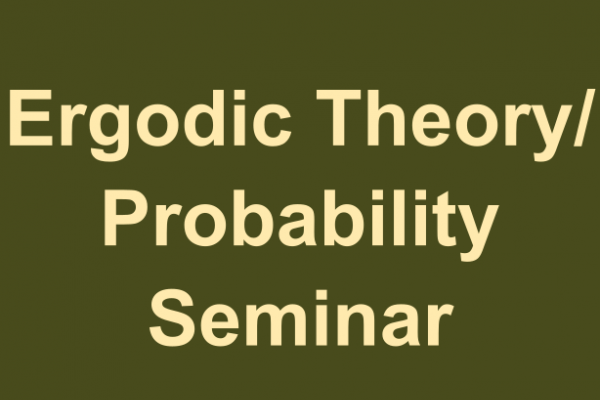
Title: Subsequences of multiple correlations
Speaker: Anh Le (Northwestern University)
Abstract: The results of Bergelson-Host-Kra and of Leibman say that a multiple correlation sequence can be decomposed as a sum of a nilsequence and a null sequence. Inspired by these results, Frantzikinakis asks the following question: Let $r_n$ be the sequence of primes, or $[n^c]$, or $2^n$. For a multiple correlation $a(n)$, is it true that there exists a nilsequence $b(n)$ and null sequence $e(n)$ such that $a(r_n) = b(r_n) + e(n)$?
In this talk, I'll briefly discuss why the answer is affirmative for the sequences of primes and $[n^c]$. However, our main focus will be about $2^n$. The answer for this sequence is also yes and surprisingly related to the notion of sets of Bohr recurrence.
